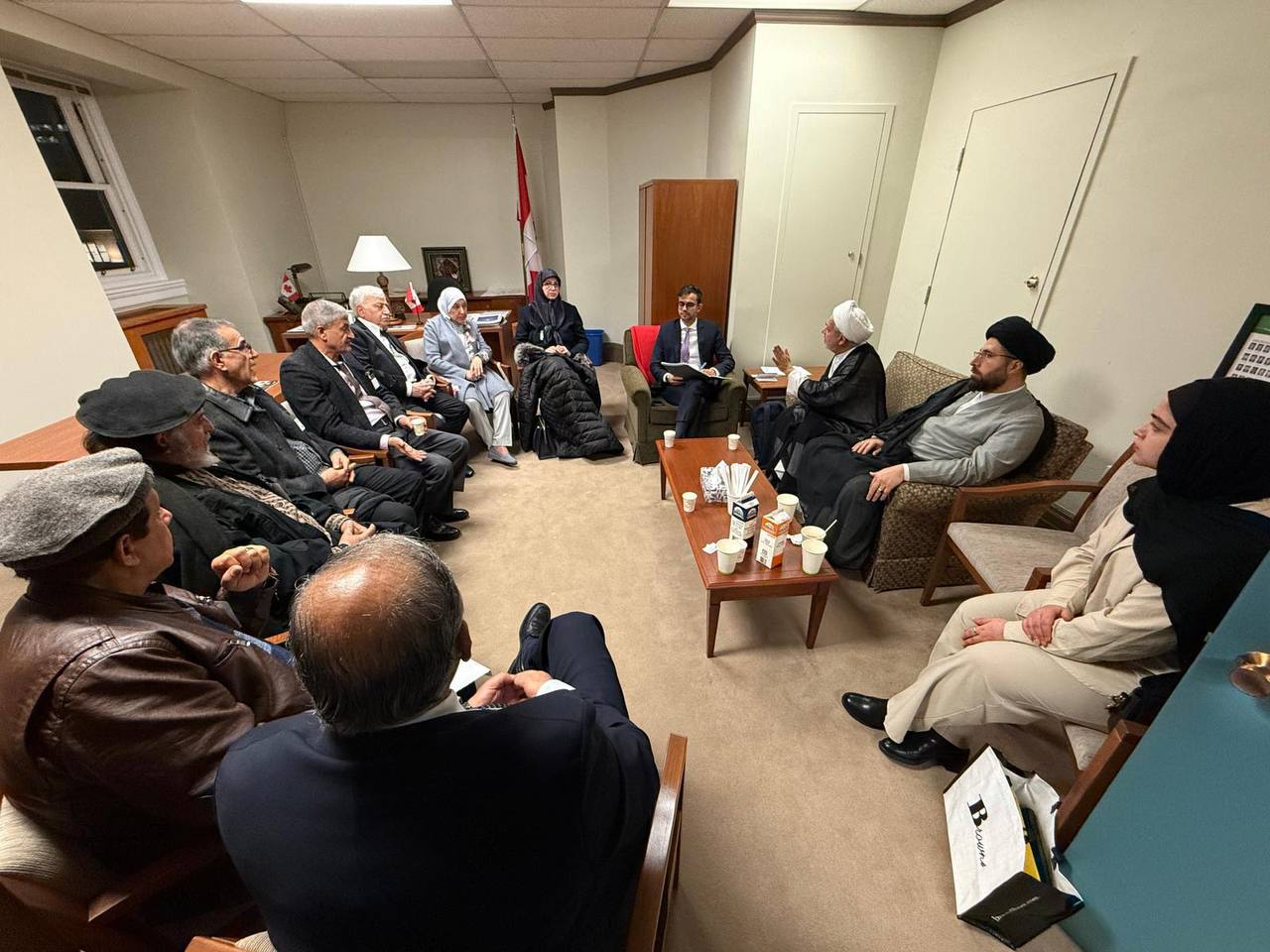Sports
Taking strides toward equity in Canadian women’s sports

When Teresa Resch joined the Raptors in 2013, she was the second woman to ever work in the front office and she was once the only woman out of hundreds of people representing NBA teams at a draft event. “Now 30% of our staff are women, so that’s from the medical team to player development, to coaches, scouts, analytics, team services, the whole gamut; our head of PR is a woman,” Resch said. “The NBA has made it a priority to elevate, educate, give opportunities to women and very public facing roles,” she continued. “To be able to sit here today as a president of a WNBA team, I could have never dreamed of that.”
Today, Resch is the inaugural President of the Women’s National Basketball Association Toronto franchise, which will begin playing in the 2026 season. Previously, she was a senior leader at the Toronto Raptors men’s basketball team for 11 seasons, programmed basketball for 104 locations of Life Time Fitness, and began her career in International Basketball Operations at the NBA League Office.
“If you can see it, you can be it,” said Vanessa Lewerentz, moderator of the afternoon keynote panel at Catalyst Honours on 7 October 2024 in Toronto. Chief Inclusion Officer for BMO Financial Group, Lewerentz interviewed Teresa Resch and Sarah Nurse, two trailblazing women working for equal opportunities and reshaping Canadian athletics in the session “Leveling the Playing Field: Canadian Women’s Sports and the Pursuit of Equity.”
For Resch, this was true. She discussed a college experience at a national tournament when she became aware of a career path in sports organizations. “It was the first time I ever saw a job in sports that wasn’t a coach or a player and it really opened my eyes to the opportunity to work in sports,” she said. Unlike [Sarah] Nurse, Resch knew she wasn’t going to be a professional athlete but before that experience she didn’t know the options.
Equity in women’s sports is improving and diversity is good for business, Resch explained. “People in sports are looking for any sort of competitive advantage. And what became very, very clear is when you have women and people with diverse mindsets impacting your decision-making, that elevated your performance.”
Creating safe spaces and increasing visibility
To achieve gender diversity and gender equality in sports, you need to create workplaces that support them, according to Sarah Nurse, a record-breaking ice hockey Olympic Gold and Silver medalist who plays for the Canadian Women’s National Team and the Professional Women’s Hockey League Toronto Franchise. A champion of change, she was integral in developing a single, viable professional women’s ice hockey league in North America.
Nurse spoke about “creating spaces in sports where women actually feel comfortable and safe. Because I know for myself for so long growing up, I didn’t feel welcome in a lot of sporting events and even talking about sports because I always got really talked down to. And I know what I’m talking about when I talk about hockey, but a lot of men don’t think so.”
She doesn’t want girls and female athletes today to experience that. “If they want a career in sports, if they want to be athletes, they should be respected and they should feel lifted up.” Nurse spoke about both creating safe spaces and accessibility, which she described as “being able to actually watch the product.” So even if women’s sports programs exist but aren’t broadcast or visible via marketing, public relations, and advertising, they are at a disadvantage.
“There’s a stat that basically says in women’s sports in totality, you have to invest three times as much to just be even with men’s since women’s sports are about 100 years behind,” Resch said. “Three times just to get even, not even progress.”
Investment, participation, impact
“I think for women’s sports professionally, specifically commercially in Canada, in order to succeed, we need two things: We need investment and participation. And that’s across the entire funnel,” Resch said. She then asked the audience, “Where are you spending your time and energy? Are you going to games? Are you buying tickets? Are you buying league passes? WNBA league passes are $30.”
“I’m a firm believer that no impact is small, and even just showing up, buying a league pass, buying a jersey, talking about it on social media, that makes an impact, and that’s huge, especially with startups, with things that are just getting off of the ground,” Nurse said.
Speaking about the sports industry, which was created around men’s sports, Nurse said, “If I had my way, I would rebuild the whole system.” She discussed how women’s sports could benefit from different media, storytelling, marketing, and ticket sales methods. “If we lean into that, I think women’s sports are going to be even more successful than we already are.”
“There’s still a long way to go, but it’s been great to see the trajectory change, even just during my tenure,” Resch said.
Looking out into the audience, Nurse uplifted attendees: “So, just know the work that you’re doing impacts the greater society and that ultimately uplifts us and makes these things possible.”
Want to know about next year’s Catalyst Honours? Sign up now and we’ll email you when registration goes live!









